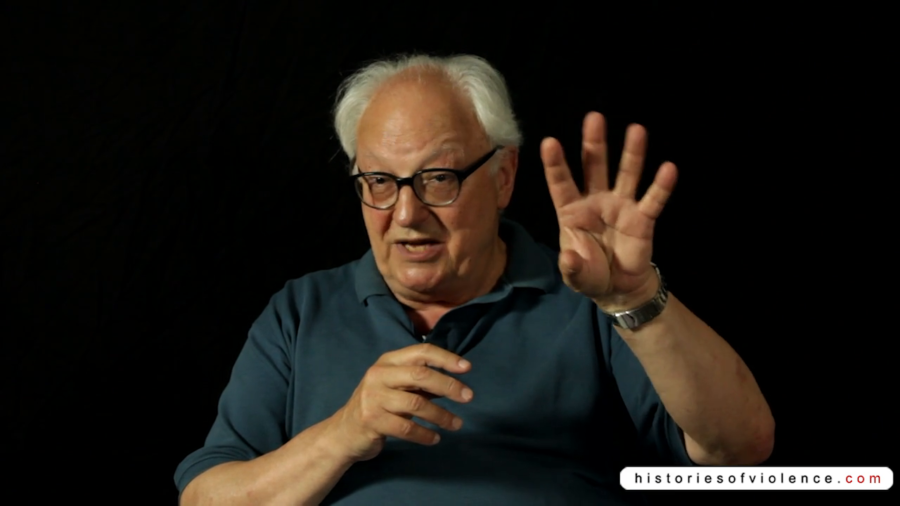What’s most significant about September 11th ten years on I think is the illusion that it created of the end of politics. By the end of politics I mean the notion that force could rule. That terror could effectively…be sufficient for power. And this was an illusion I think that was recognizable at the time of September 11th but almost impossible to say. Almost impossible to say because of a variety of conditions of the dramatic nature of the event, and also of the forces of power that are arraigned with it.
Histories of Violence (Page 2 of 4)
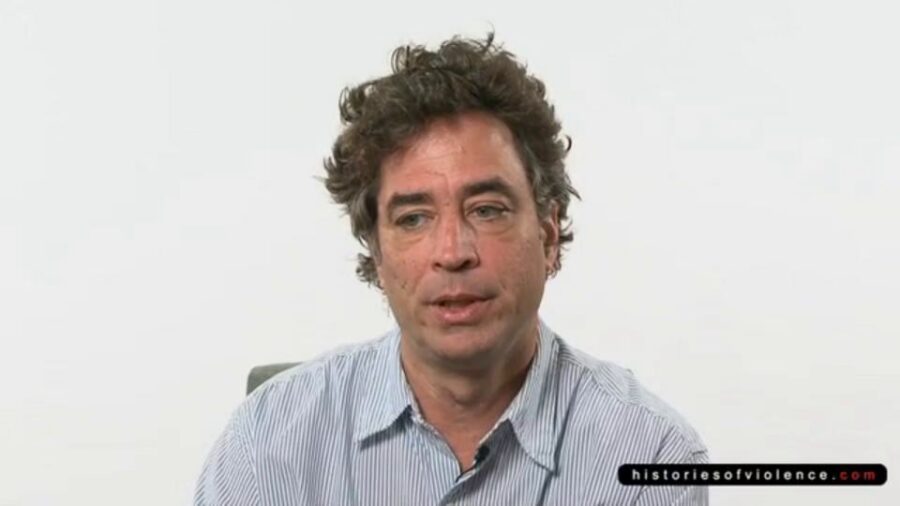
Ten Years of Terror: Michael Hardt
presented by Michael Hardt
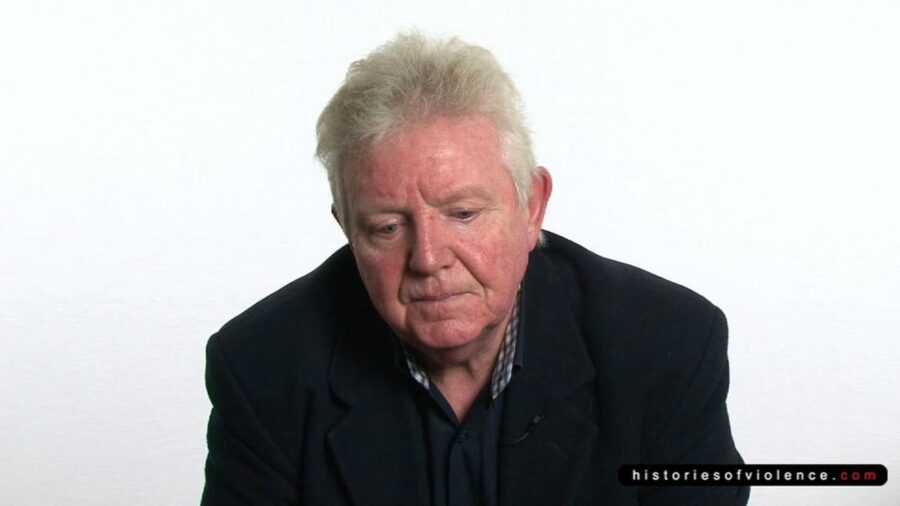
Ten Years of Terror: Michael Dillon
presented by Michael Dillon
Ten years of the War on Terror I think has to be located also in the context of more than ten years of liberal welfare since 1989, and the dissolution of the Soviet Union, and the end of the Cold War structures.
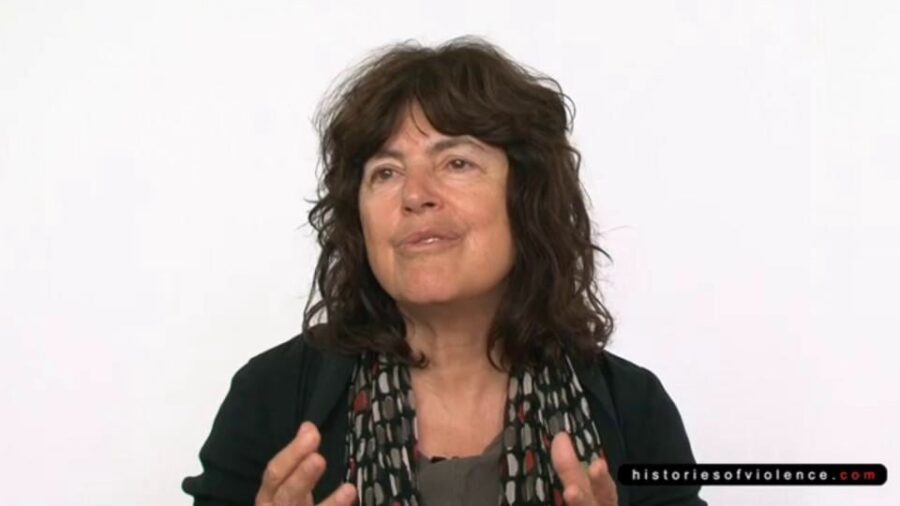
Ten Years of Terror: Mary Kaldor
presented by Mary Kaldor
For me…human security is saying an Afghan life is equal to a British life. And our security is guaranteed by contributing to a global security that treats all humans as equal. That’s something very very difficult for politicians to grasp. Partly because they still live in an old-fashioned world where they’re afraid if they use words like “human security” they’ll sound soft.
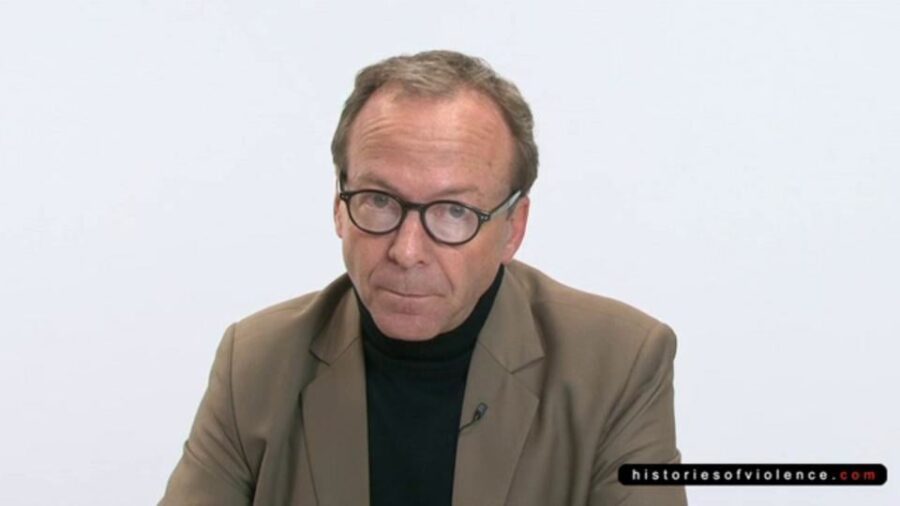
Ten Years of Terror: J. Peter Burgess
presented by J. Peter Burgess
Few concepts have seized our political imagination in the last decade like security. Few concepts have mobilized us to engage so many extraordinary measures, to dedicate so much money, and to change the lives of so many people as security. And the concept of security has not at all remained stable. It hasn’t remained at all aloof or untouched by this process.
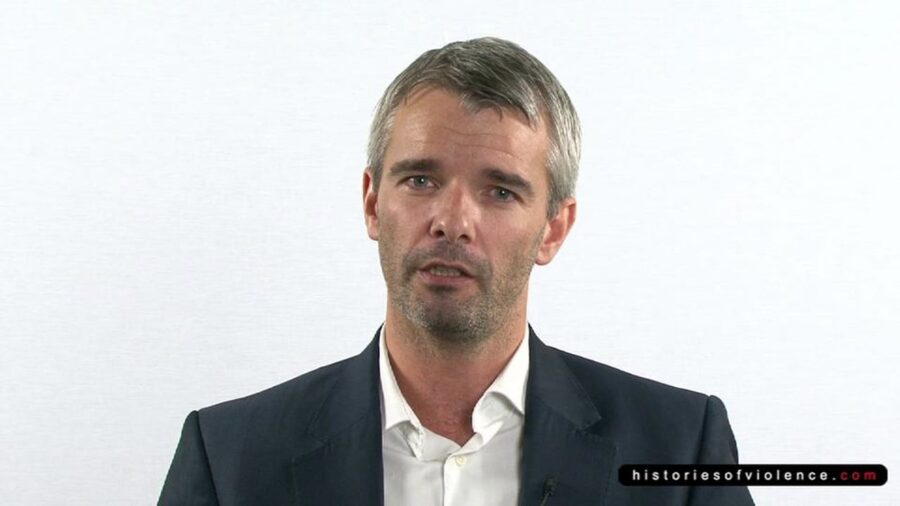
Ten Years of Terror: Brad Evans
presented by Brad Evans
A decade on, the violence of September the 11th, 2001 still haunts the liberal imaginary of threat. And I guess by this what I mean is that the violence of that fateful day now underwrites all forms of liberal security governance, globally. And I think this in many ways is of course understandable. I personally find myself sometimes deeply troubled by that fateful predicament faced by those people who decided to take their own lives on that horrifying day. However in spite of this, I think our response represents nothing short of a profound failure of the political and the philosophical imagination.
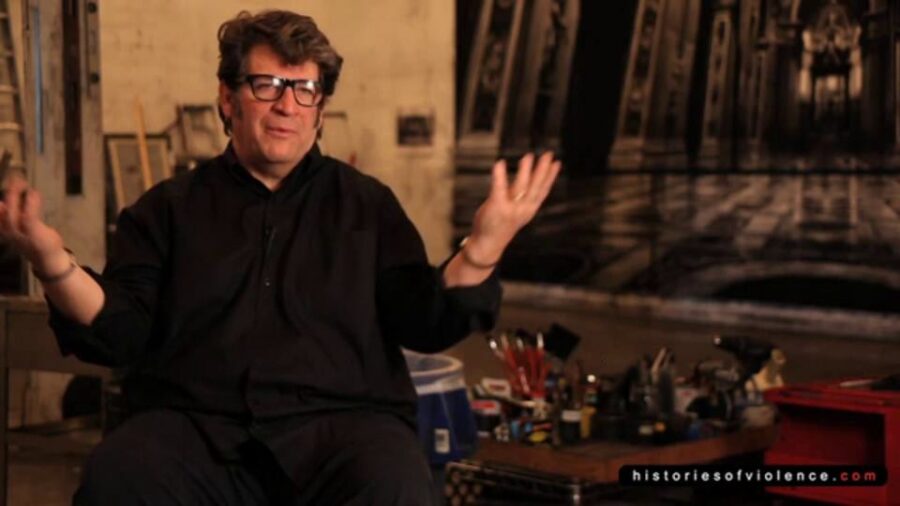
Violence & Art: An Interview with Robert Longo
presented by Robert Longo
America is different than the rest of the countries in the world because it’s the only country I think that’s based upon the idea of team sport. Other countries are based on race, religion, tribe. The United States is the only country in the world that’s based on the idea of a team. Because there’s all these diverse different people, and we all work together for a goal. The problem is that America, because it is a team, its main objective is to win.
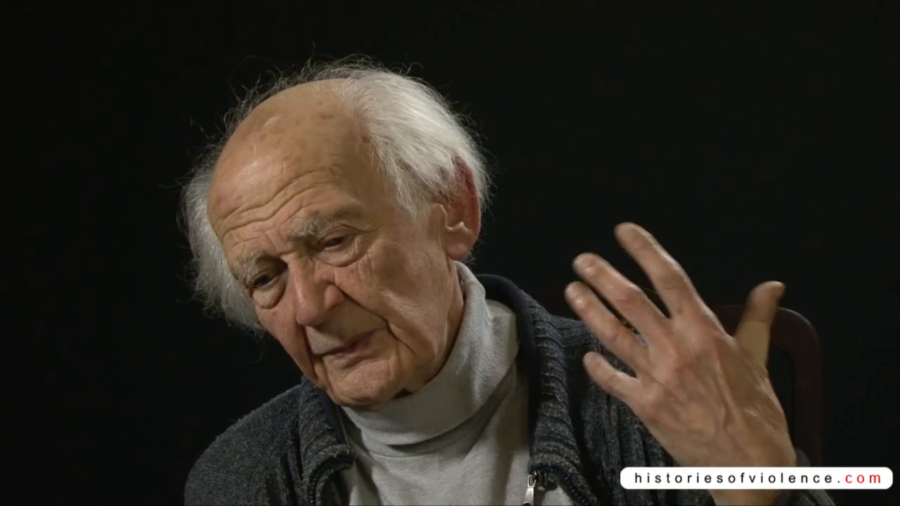
Disposable Life: Zygmunt Bauman
presented by Zygmunt Bauman
In pre-modern societies there was no idea of waste; everything was going back into life—recycled, as we would say today. If there were more children coming into the world in a family, then obviously there was room for them, and extra work somewhere in the farmyard, in the field, in the stable. And of course a place around the table. So the idea of being redundant, having no place in society, simply didn’t occur.
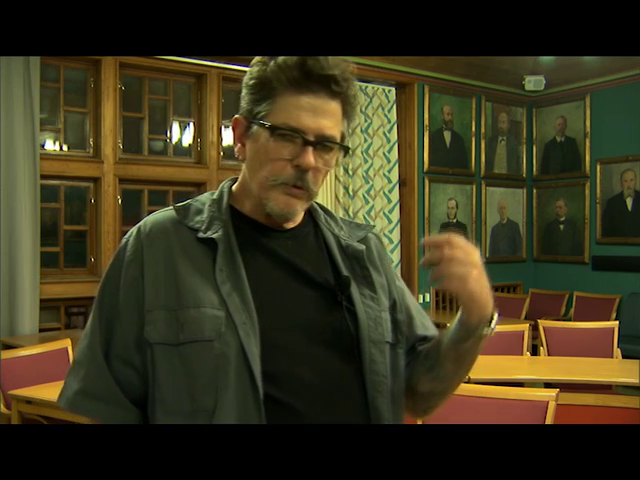
Sentimental Violence
presented by John Steppling
Irony is like sentimentality, a kind of violence to the form, to the narrative. And in a sense, these days we probably need a new term because irony is insufficient. It is the post-ironic moment. It is very hard in a vocabulary that has been so mediated and coopted by marketing, it is very hard for people to not be ironic, to not be snarky and sarcastic.
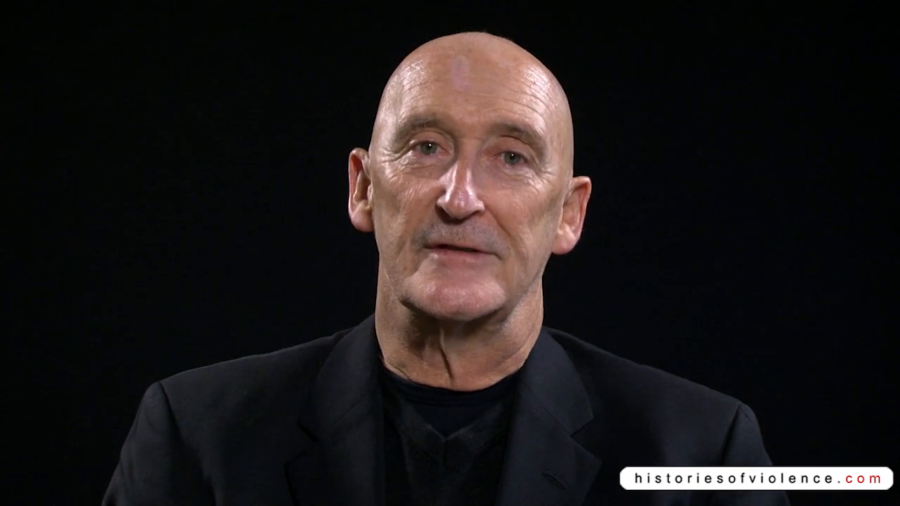
Disposable Life: David Theo Goldberg
presented by David Theo Goldberg
I’m not here going to think aloud about these various contestatory forms of evidence-giving, although much might be said about that in relation to thinking about violence. But rather to think about the Michael Brown shooting in Ferguson, Missouri and the kinds of police response to it in relation to the history of violence and the way in which race shapes said history of violence in a country like the United States…

